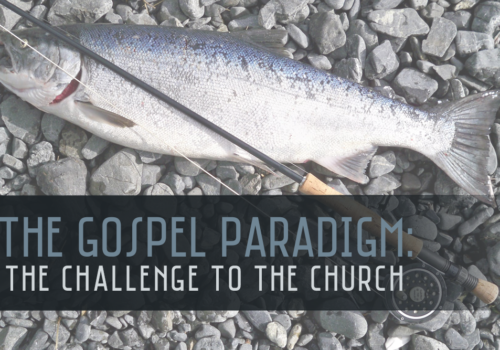I read the classic short story Two Old Men by Leo Tolstoy this past week when working through my devotional study from Entrepreneurs of Life.
John Bernbaum introduces Tolstoy’s short story this way:
The two old men were named Efim and Elisha. They were friends for many years. Efim was a pious man, a man who lived a godly life and was a very responsible citizen of his community. He was relatively wealthy, but fiscally cautious, and felt a great responsibility for his family, his children and his grandchildren. Elisha, a former carpenter and now a keeper of bees, was a kind man, cheerful and a little less concerned about the problems of drinking and taking snuff. He drank sometimes and took some snuff, but he was a peaceful man who all his neighbors enjoyed.
Efim and Elisha had long ago promised each other that one day they would travel on a pilgrimage to Jerusalem to worship God, but this holy journey had been postponed many times because of the necessities of life. Finally, after much debate about when this pilgrimage should take place, the two friends at last agreed to make their journey to the Holy Land.
The story then follows them to Jerusalem and back with a backcloth which the study uses to “brings us to appraise our character and priorities in life” and, in turn, asks the question:
In what ways is a pilgrimage different from tourist travel? (Page 181).
My practice is to always look to the Scripture when thinking about things. I found where pilgrim—how the KJV translates parepidemos two out of the three times—is used in Hebrews 11:13 and 1 Peter 1:1, 2:11. Once I understand scriptural context I then try to respond to questions, whether it is for a devotional study or life itself.
While studying Hebrews 11:13 this quote really spoke to me:
In the anonymous Epistle to Diagnetus, probably of the second century, there occur these words concerning Christians: “They inhabit their own country, but as sojourners: they take part in all things as citizens, and endure all things as aliens: every foreign country is theirs, and every country is foreign (emphasis mine).”[1]
Then I had my answer to the study question:
A tourist goes to experience a culture, whereas a pilgrim goes to influence it.
Welcome to how my mind works (smile)!



